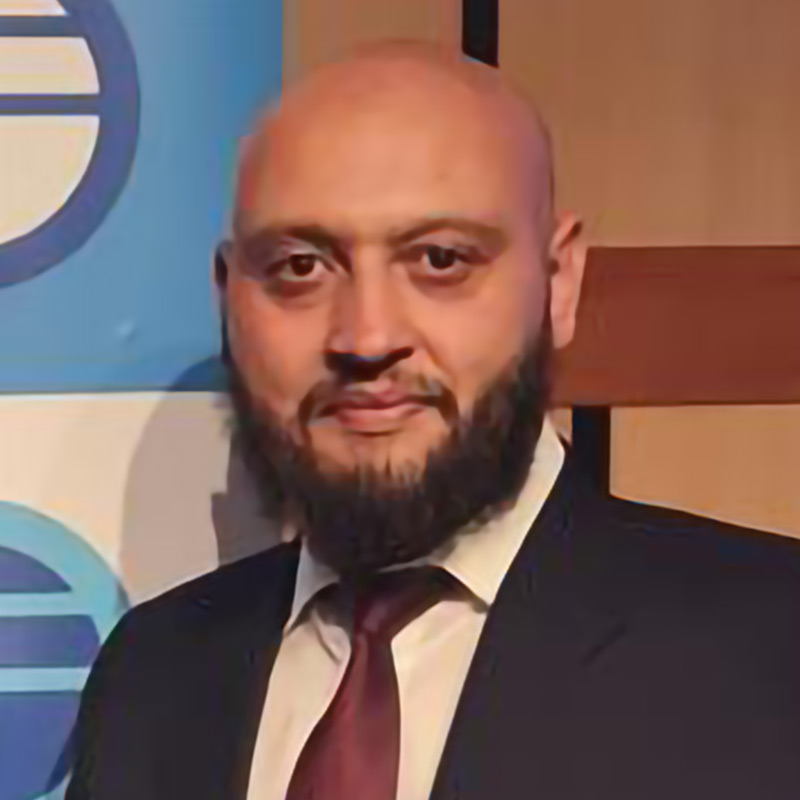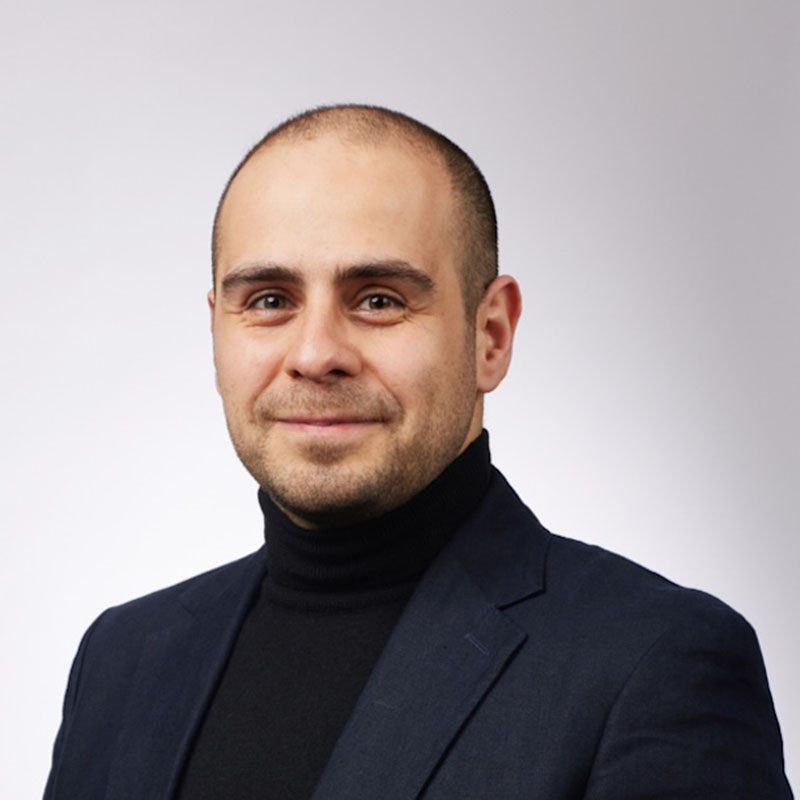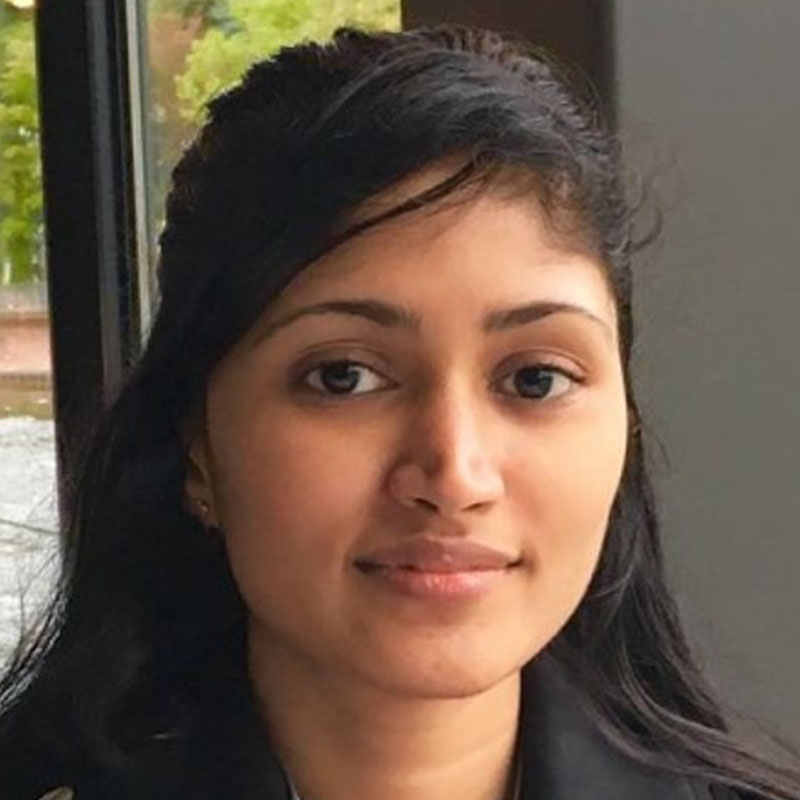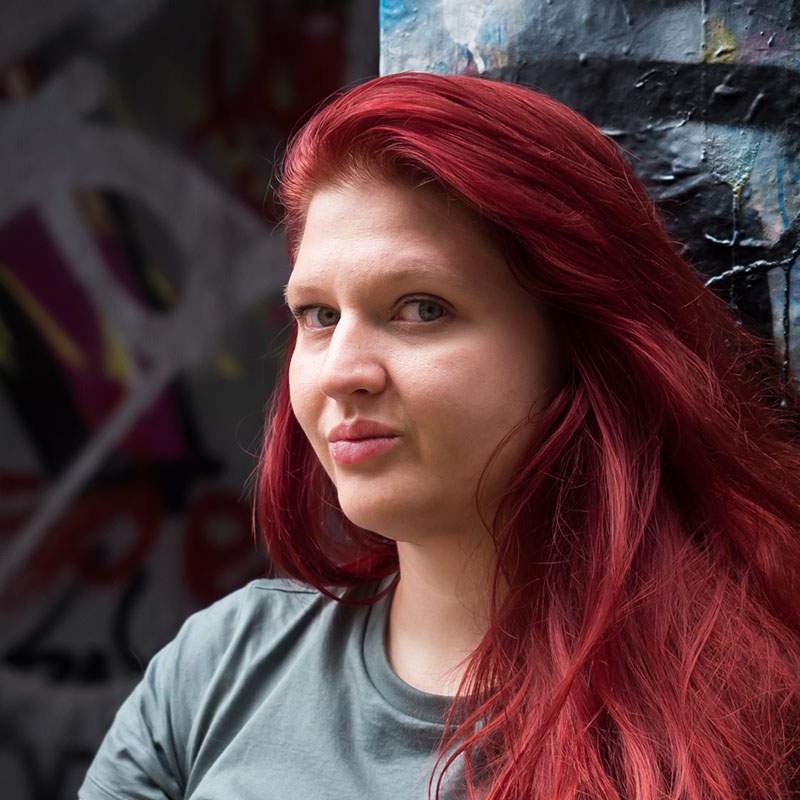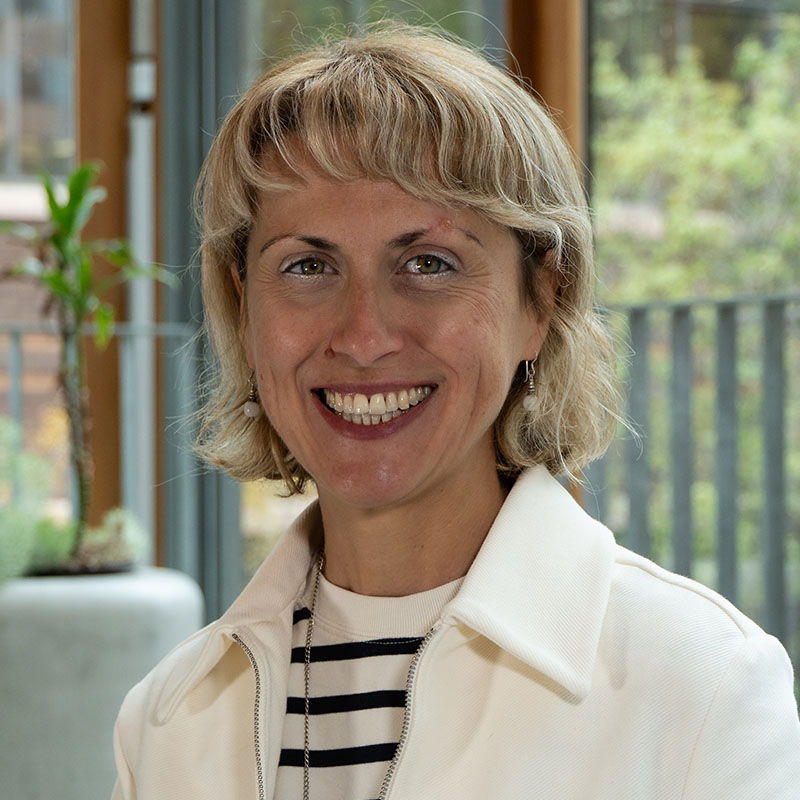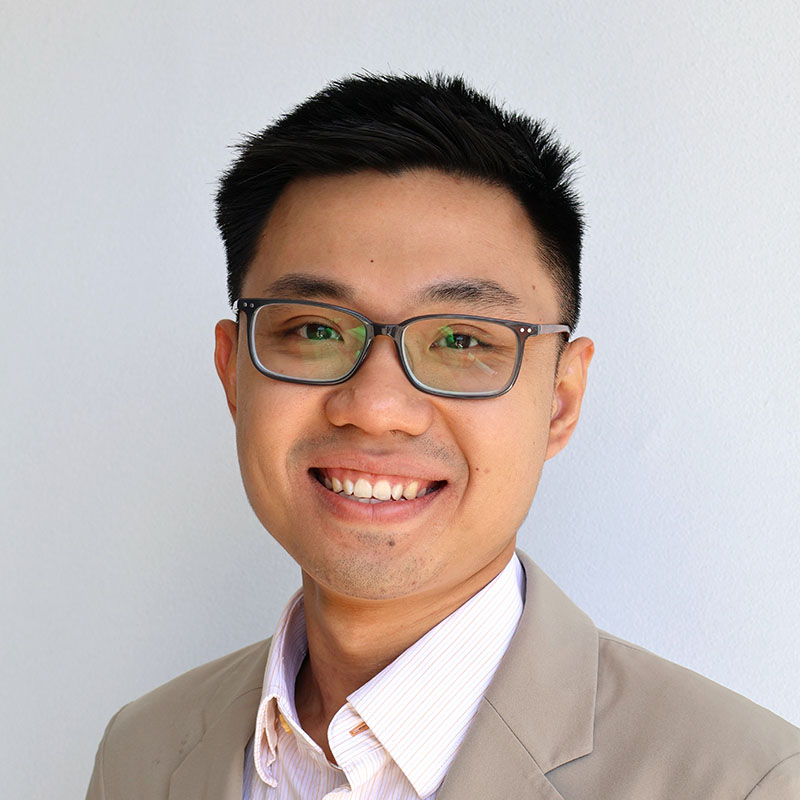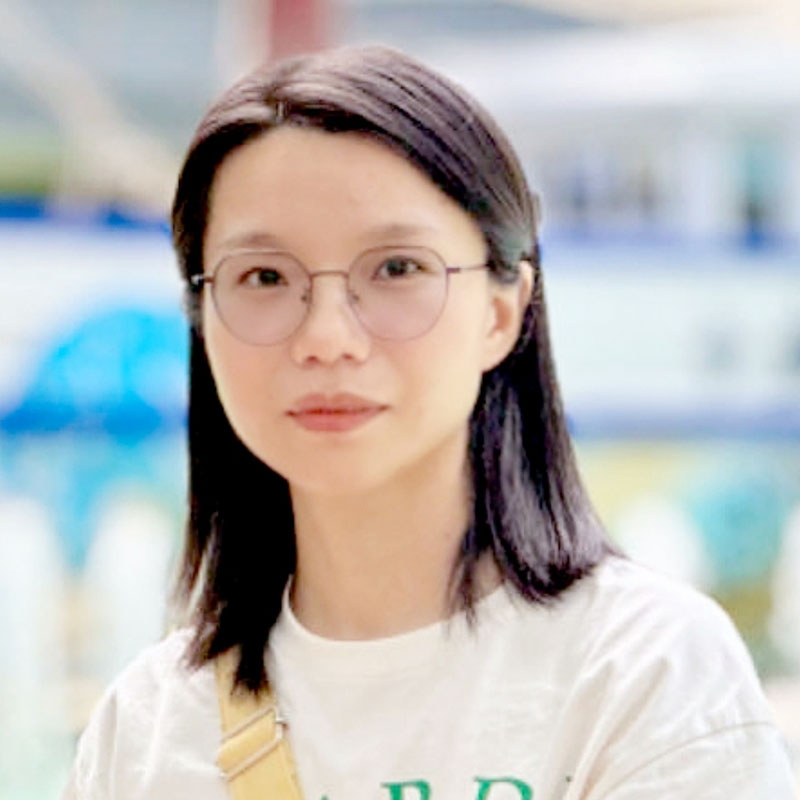Rafael Alexander
Dr Rafael Alexander researches quantum information science, which is the study of quantum mechanics and its application to technology. His research interests lie at the intersection of quantum optics and quantum computing, focusing on studying the noise and scalability issues that arise in near-term quantum technologies. This work includes investigating the generation of highly-entangled states of light, as well as exploring their uses for sensing, communication, and information processing purposes.
Dr Alexander completed his PhD at the University of Sydney in 2017 and was a postdoctoral fellow from 2017-2020.
Rafael is aligned to the RMIT Information and Systems (Engineering) ECP.
Find out more about Rafael
David Chesworth
David Chesworth is an internationally recognised artist and composer with an experimental background, He has created innovative artworks in music, film, performance and installation for major museums, festivals, artist-run initiatives and the public domain.
Recent artworks with collaborator Sonia Leber were exhibited in the main programs of the Venice and Sydney Biennale’s and the satellite program of Moscow Biennale. His sound works have been presented internationally, including Brooklyn Academy of Music’s Next Wave Festival, The Bang on a Can Marathon in New York, and Ars Electronica in Austria (Prix Ars Electronica Honorary Mention).
His recent award-winning PhD investigation into ontologies of listening within visual arts practice interrogated artworks at Dia: Beacon in upstate New York. He is currently Associate Investigator with the ARC Centre of Excellence for Australian Biodiversity and Heritage (CABAH). His postdoctoral research investigates how the world is experienced and understood through different ontologies, which can coexist, resonate, and converge in surprising ways.
David is aligned to the RMIT Design and Creative Practice ECP.
Find out more about David
Nigel Goodman
Dr Nigel Goodman is a Vice Chancellor's Postdoctoral Research Fellow. He is investigating indoor air quality as well as strategies and technologies to create healthier indoor environments.
Nigel completed his PhD at the University of Melbourne in 2018. His research identified primary indoor air pollutants and understudied locations, such as educational environments. He evaluated indoor air quality at a major university, finding that green-certified and renovated buildings had among the highest levels of indoor pollutants.
Prior to his PhD studies, Nigel was employed as a scientist at CSIRO where he delivered scientific solutions for Australian and international partners.
Nigel is aligned to the RMIT Urban Futures ECP.
Find out more about Nigel
Natalie Hendry
Natalie Hendry is a Vice Chancellor’s Postdoctoral Fellow in the School of Media and Communications. Her research explores everyday social media and digital technology practices in the context of critical approaches to education, mental health, media, wellbeing, youth studies and policy. This brings together her experience prior to academia, working in community education, secondary schools and hospital settings, and consulting for health organisations. Using digital ethnography and creative workshop methods, her postdoctoral research explores emerging and potential online opportunities to enhance digital outreach and media-based support for young people whose parents or adult family members are experiencing mental ill-health.
Natalie is aligned to the RMIT Design and Creative Practice ECP.
Find out more about Natalie
Yi Ju
Dr Yi Ju is a recipient of Vice-Chancellor’s Postdoctoral Fellow in the School of Health and Biomedical Science. His research expertise is in the fields of nanoscience and nanotechnology, with a particular focus on understanding the interactions between nanomaterials and biological systems. Since 2017, he has been working as a co-leader of the ARC Centre of Excellence in Convergent Bio-Nano Science and Technology Signature Project ‘Mediating Protein Interactions’. Through collaboration with multiple research groups, he has published 31 papers (80% of his overall publication count) over the last 3 years of his post-doctoral research career. His research was recognised by multiple national and international talks, grants, and awards. He is a regular reviewer for major international journals and was awarded ‘Reviewer Excellence Award’ for ACS journal Chemistry of Materials, as a recognition of his significant contribution (top 1% reviewers) to the journal.
Yi is aligned to the RMIT Biomedical and Health Innnovation ECP.
Find out more about Yi
Cathal O'Connell
Dr Cathal O'Connell is a VC Postdoctoral Fellow in the School of Engineering, recruited through the Advanced Manufacturing ECP. His research at RMIT will focus on developing new technologies for additive fabrication of soft materials for biomedical applications
Dr O’Connell is early-career biomaterials scientist with a background in nanoscience. His research has covered a range of topics including biomaterials, fabrication and cell delivery mechanisms for applications including cartilage regeneration, muscle regeneration and 3D neuronal culture. Dr O’Connell has worked extensively in multidisciplinary teams in translational research settings.
Dr O’Connell was the inaugural Centre Manager of BioFab3D, St Vincent's Hospital Melbourne, the first hospital based biofabrication laboratory in Australia. He has also worked as a science communicator and freelance science writer.
Find out more about Cathal
Blanca del Rosal Rabes
Blanca del Rosal has pioneered research in the application of fluorescent nanoparticles for deep-tissue temperature sensing in small animal models. During her PhD in Physics, completed at Universidad Autónoma de Madrid (Spain) in 2017, she used an innovative approach to measure for the first time the temperature of a subcutaneous tumour during photothermal therapy.
Her research interests include other areas related to fluorescence imaging and sensing, such as near-infrared autofluorescence for diagnostic applications and imaging of electric fields with luminescent nanoparticles.
She currently holds ARC DECRA fellowship and her research aims to develop a system for based on near-infrared fluorescence to map the temperature of the nervous system.
Blanca is aligned to the RMIT Advanced Materials ECP.
Find out more about Blanca
Ruth De Souza
Dr Ruth De Souza’s research with people from culturally and linguistically diverse backgrounds is based on her long investigation of and advocacy for cultural safety, an approach to addressing inequities in health. Ruth’s mission is to develop research with communities that translates to improved outcomes for marginalised groups, with a particular focus on consumer participation and health literacy. She has held a wide range of academic, clinical, consulting and governance roles, including Senior Lecturer in Nursing at Monash University, Melbourne and AUT University, Auckland where she coordinated the Centre for Asian and Migrant Health Research. Ruth is a Fellow of the Australian College of Nursing (ACN), and an Honorary Senior Research Fellow at the Centre for Digital Transformation of Health at the University of Melbourne.
Ruth is aligned to the RMIT Design and Creative Practice ECP.
Find out more about Ruth
Gemma Sou
Gemma's research sits at the intersection of disaster studies, development studies and media sociology. She is interested in the media representations of human vulnerability; the everyday lived experiences of people affected by disasters; and disaster risk policy-making processes in postcolonial societies. She regularly collaborates with artists to communicate her research in creative, thoughtful and socially responsible ways.
She is on the editorial board for the Journal of Humanitarian Affairs and is Secretary for the Developing Areas Research Group at the Royal Geographical Society. She is also a Fellow of the Humanitarian Innovation Initiative at Brown University, U.S.A.
Gemma is aligned to the RMIT Social Change ECP.
Find out more about Gemma
Natalya Turkina
Dr Natalya Turkina is a Vice Chancellor's Postdoctoral Fellow at RMIT, Graduate School of Business and Law. Natalya completed her PhD from the University of Melbourne, Department of Management and Marketing. In her PhD project, Natalya looked at how national institutions condition the ways mining MNCs and their stakeholders contest corporate responsibility toward communities in Australia and Mongolia. In her other projects, Natalya has also researched the environmental and social responsibilities of mining companies in Russia and Botswana. In her current projects – “Towards Inclusive Cities Through Emotion- and Value-Driven Multi-Stakeholder Innovation”, “How Social Enterprises Can Create Value in the Post-Pandemic World?” and “Caring Design Approach to Corporate Responsibility Toward Small Businesses” – she examines how international and national institutional contexts condition the ways organisations and individuals understand, co-create and practice sustainability, inclusion and responsibility.
Natalya is aligned to the RMIT Global Business Innovation ECP.
Find out more about Natalya


